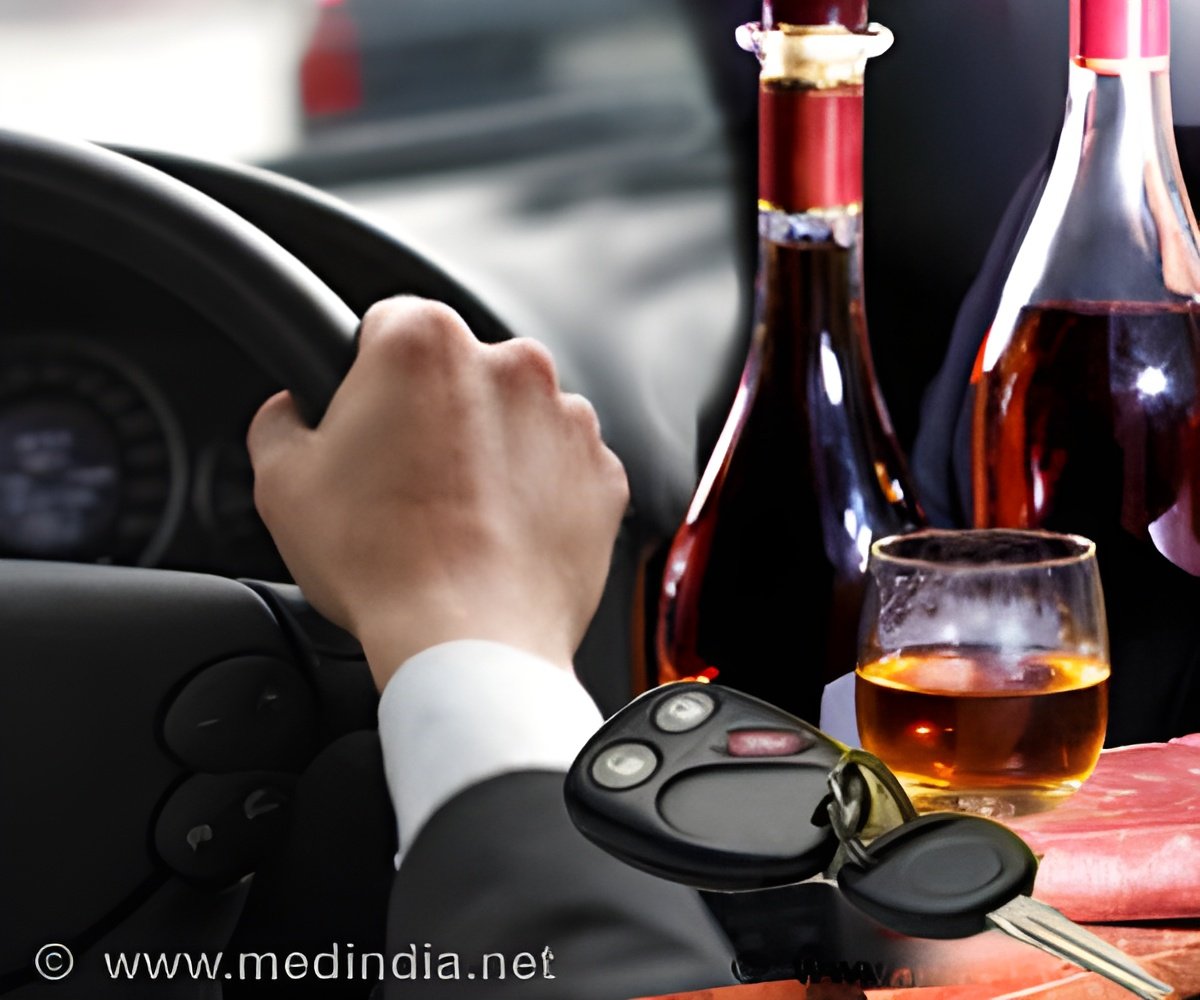Estimated 1,250 alcohol-involved fatal crashes were prevented in 21 states where mandatory interlock laws have been implemented.

TOP INSIGHT
Mandatory interlock laws were associated with a seven percent decrease in the rate of fatal crashes with at least one driver with a blood alcohol content over the legal limit.
This is the first study to look at all the different types of interlock laws across all 50 states. The researchers found that interlock laws which are mandatory for all DUI offenders were much more effective than those applicable to only some offenders, such as only repeat offenders or those with a very high blood alcohol content.
In the United States in 2014, alcohol-involved fatal motor vehicle crashes caused approximately 10,000 deaths, about one-third of all motor vehicle crash deaths.
"Our study demonstrates the value of mandatory ignition interlock laws across the United States," says study leader Emma E. "Beth" McGinty, PhD, MS, deputy director at the Johns Hopkins Center for Mental Health and Addiction Policy Research at the Bloomberg School. "We already know that alcohol plays a tragic role in the number of motor vehicle crash fatalities each year. Interlock laws which are mandatory for all DUI offenders save lives. "
To estimate the effects of existing ignition interlock laws, the researchers studied the effects of interlock laws on trends in alcohol-involved fatal crashes over a 32-year period, 1982 to 2013, and controlled for other motor vehicle safety laws and trends in crashes over time. The team assessed changes in pre- and post-interlock law rates of alcohol-involved fatal crashes with crash data obtained from the National Highway Traffic Safety Administration's Fatality Analysis Reporting System (FARS), and measured them against the different categories of interlock laws: permissive (at the discretion of a judge), partial (applicable to only some DUI offenders), and mandatory for all.
"Until recently, there hasn't been any evidence on whether these laws prevent alcohol-involved fatal crashes, and specifically whether mandatory/all laws are more effective than permissive and partial laws," McGinty says. "Our study suggests that they are effective, and it's encouraging to see more and more states moving towards this evidence-based policy change. Since 2005, we've seen over 20 states adopt interlock laws for all drunk-driving offenses. We'd like to see the remaining states follow suit."
 MEDINDIA
MEDINDIA




 Email
Email




